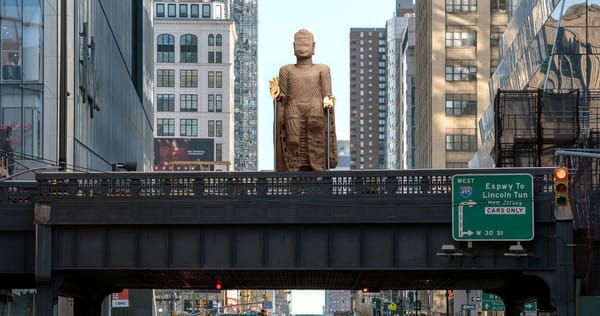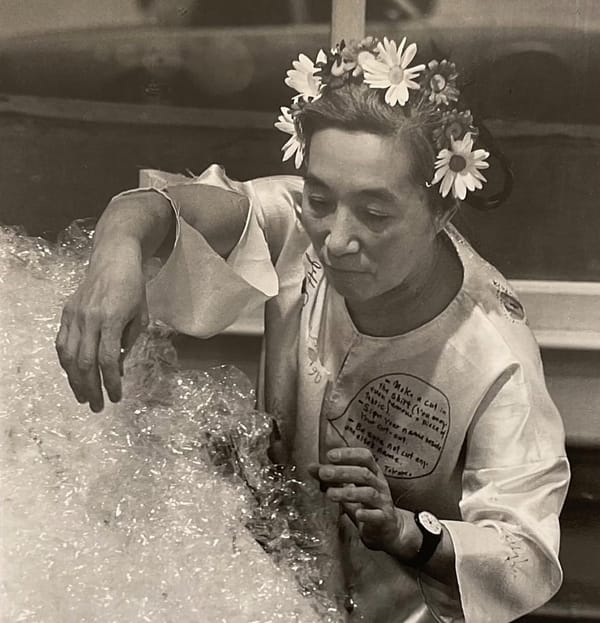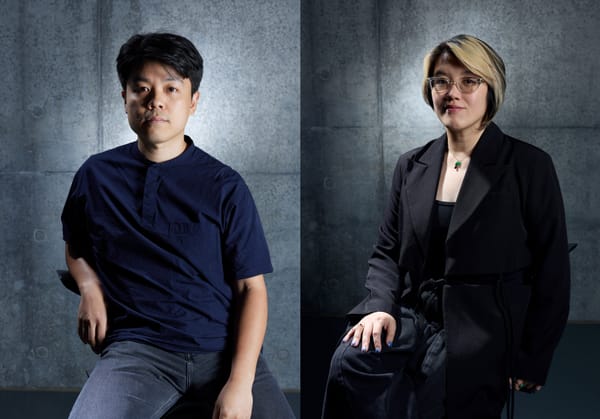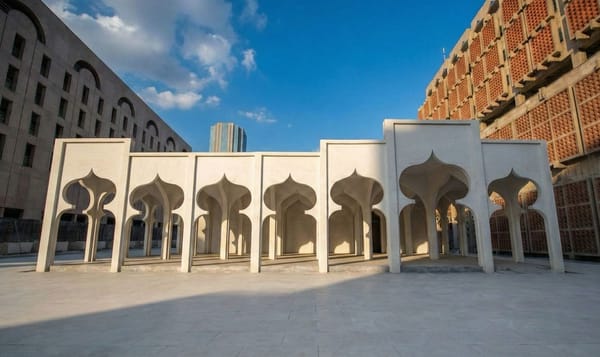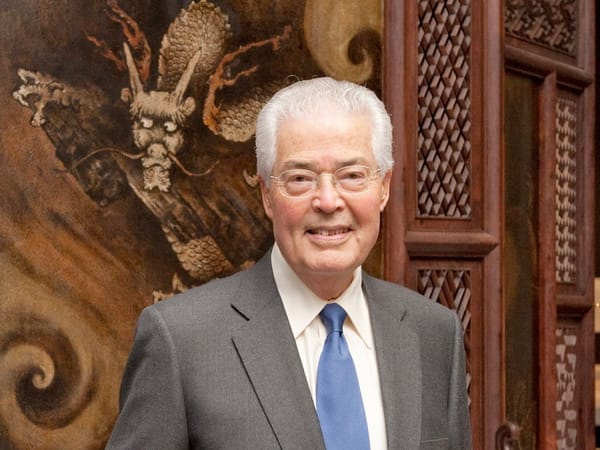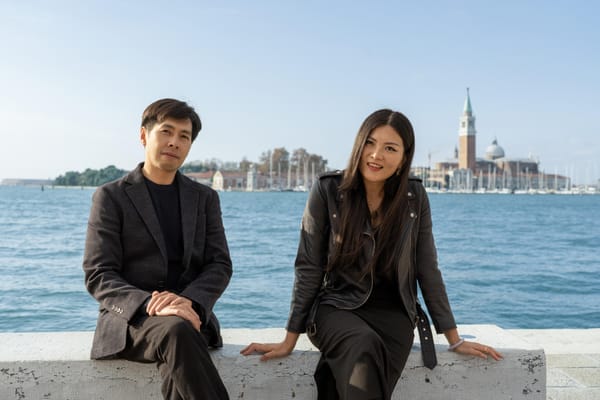News
Syrian Film Collective Abounaddara Accuses Milan Triennale of Screening Work without Permission


On Monday, July 24, Syrian film collective Abounaddara posted a statement on Facebook, accusing the curator of Milan Triennale, Massimiliano Gioni, of screening several of their films without consent. In November 2016, the collective had explicitly turned down the curator’s invitation to participate in the triennial, but found out that their films were being exhibited via a monitor connected to the Abounaddara’s Vimeo channel. The Milan Triennale’s organizers have confirmed that the monitor was removed from the gallery on the morning of Wednesday, July 26.
The current edition of the Milan Triannale is entitled “the Restless Earth,” with a focus on migration and refugee issues, which have triggered heated discussions in Italy. Since the triennial focuses specifically on the struggles of displaced Syrians, Gioni approached Abounaddara—a group founded in Damascus in 2010 by several “self-taught and volunteer filmmakers”—in November last year to share their work in Milan. The group regularly releases short films through their Vimeo page, which can be accessed by anyone with an internet connection. Some videos have been shown in exhibitions before. At this year’s Documenta 14, Abounaddara presented their 90-minute video To See the Revolution (Provisional Title) (2017). Two years ago, the collective withdrew from the 56th Venice Biennale’s International Art Exhibition, claiming that their film All the Syria’s Futures (2015) was censored.
The collective pointed out on Facebook that they had “explicitly turned down the curator’s invitation,” but found out that their work was being presented in Milan after reading a review that highlighted it. The collective’s name is not listed on the roster of the Milan Triennale’s participating artists. The organizers of the triennial defended their actions by stating that the films were streamed from Abounaddara’s Vimeo account, suggesting that the videos are readily available and subject to anyone’s use. In response to this claim, the collective titled their statement as “Our Films are Not Available / Nos Films Ne Sont Pas Disponibles,” accusing the curator for violating copyright laws: “Regardless, the Triennale of Milan is making use of films that deal with the Syrian struggle for dignity, to serve an aesthetic-political discourse on the ‘refugee crisis’ from a Western point of view. Here is an abuse of rights, compounded with contempt that our collective cannot simply let slide, without renouncing our own fight for the right to the image.” Abounaddara also announced that they will make their films “unavailable” on Vimeo.
Jia Dong is an editorial intern at ArtAsiaPacific.
To read more of ArtAsiaPacific’s articles, visit our Digital Library.
